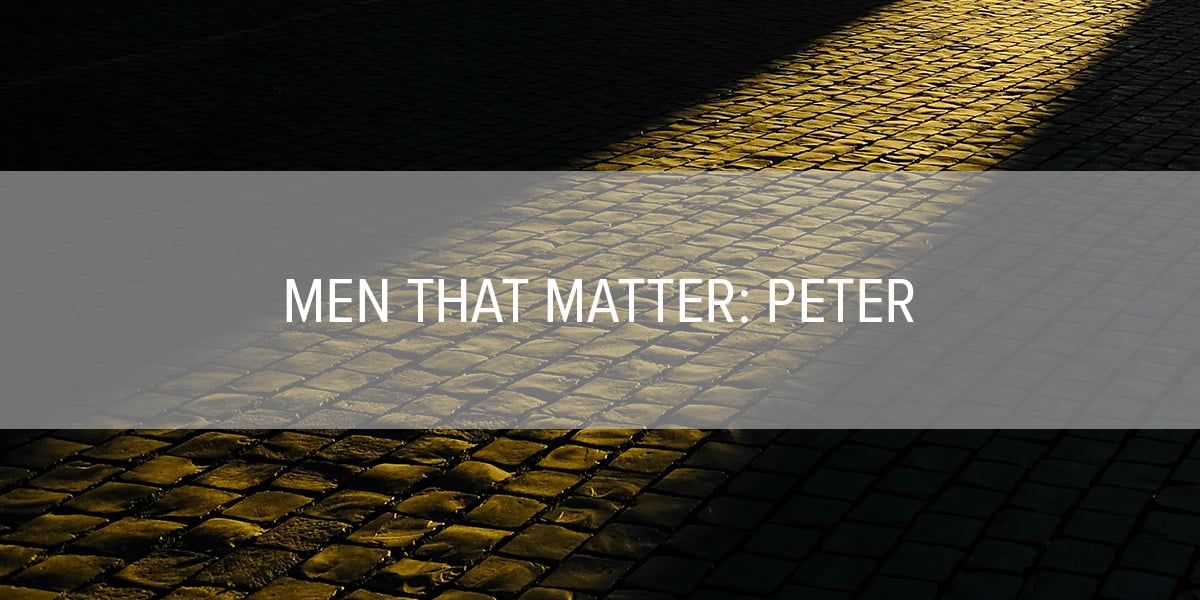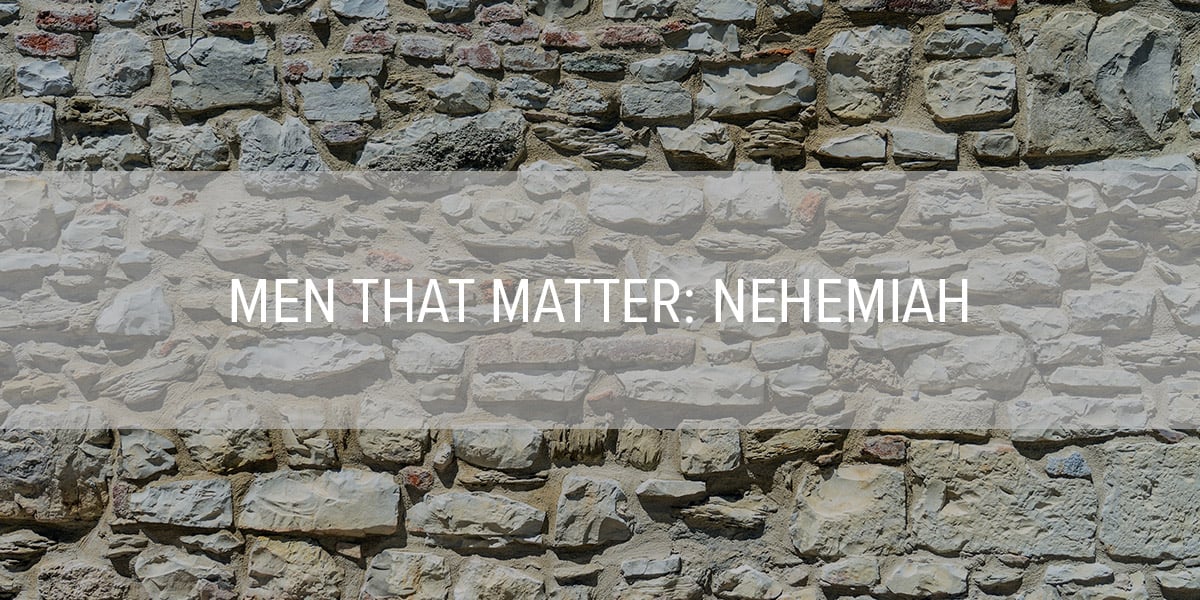Leave Your Sacrifice
As a Christian, how should we view forgiveness?
Forgiveness has become one of those words you hear at church, on healthy lifestyle websites, in self-help books, or in college psychology classes. In other words, it’s become a cliche - a word that betrays a lack of sincerity and impact due to overuse. I know for me, at times, it’s a word I shout at my twins when they aren’t getting along. “Just FORGIVE him and move on!” And, of course, they immediately comply because I’m the best dad ever, they love and respect me, and they love it when I teach them lessons. (I’m hoping you’re getting the sarcasm there.)
Of course, most people understand that forgiveness is more than just a word; it is an essential aspect of faith. After all, some form of the word “forgive” appears more than 100 times in the Bible. Some of the last words Jesus spoke while He was on Earth was for God to “forgive them for they know now what they do.” And in case you don’t know, He said that after being beaten and nailed to a cross. Let’s all take a second to remember that forgiveness IS sincere, and it is potent and dynamic. I’m a sound guy, so let me put it like this: it is the crack of the snare drum or the thud you feel in your chest when the kick drum hits. The importance of forgiveness in our lives cannot be overstated.
I’m sure there are many ways to view forgiveness, but I will focus on three.
1. You forgive someone else for something they did to you.
2. God forgives you of your sins.
3. Someone else forgives you for something you did to them.
All three of these are important as Christians. The problem is that many times the first two get all of our attention, and the third is an afterthought. I believe this is because they are the ones we are most comfortable with and the easiest to control or acquire. And that control breeds comfort.
When it comes to the first one- forgiving others for something they did to you- the control is yours. It’s not always as easy as it sounds, but we control that forgiveness. We are the ones that make the decision. It’s a little like driving a car. I love driving. I could drive across the country and enjoy every minute of it. Do you know what I don’t like doing? I don’t like riding in a car that someone else is driving. It 100% comes down to the fact that when I’m driving, I have control of the steering wheel and gas and brake pedals, and that brings a sense of comfort. When someone comes to us and asks us to forgive them, we have our hands on the steering wheel and decide whether or not to forgive them. This is undoubtedly an analogy, and real life is harder, but the decision is still ours.
For the second one - God’s forgiveness of us - while hugely integral and unfathomable, is easier for us to get on board with. Again, some struggle with it, but God’s forgiveness is acquired through our belief that Jesus lived, died, and was resurrected to cleanse our filthy, sin-riddled souls, giving us equal standing as adopted children of God. Again, we make the choice to follow, and we receive the most uneven trade in history—more sense of control for us.
The last one is the one I want to focus on most: someone else forgiving you. Wouldn’t it be great if people would just forgive you for everything you’ve done? The Bible says we should forgive each other, right? Why can’t they just do what the Bible says!?
Here’s something else the Bible says: Matthew 5:23-24 says, “If you are presenting a sacrifice at the altar in the Temple and you suddenly remember that someone has something against you, leave your sacrifice there at the altar. Go and be reconciled to that person. Then come and offer your sacrifice to God.” I think the implications of this scripture are hugely underestimated, so I want to take a look at a Jewish holiday.
Yom Kippur is a major holiday in the Jewish faith. Actually, it is THE major holiday of the Jewish faith. It is the Day of Atonement and a day of fasting and prayer for forgiveness and cleansing of the soul. Traditionally, Yom Kippur is the day God decides each person’s fate, so Jews ask forgiveness for sins committed in the past year. Yom Kippur is fairly well known, and it’s possible you’ve heard the phrase before.
You likely have not heard of what occurs the evening before on Erev Yom Kippur. Between feasts, it is integral for each person to seek forgiveness from those they have sinned against. You must specify the wrong and seek forgiveness; whether that person chooses to forgive is on them. But seeking their forgiveness fulfills your duty. Again, this is done before seeking God’s forgiveness. So for Jews, Yom Kippur erases the sins committed against God but does not erase sins committed against fellow man.
`Here’s the long story short: Before we can seek forgiveness from God, we must seek forgiveness from those we have wronged. This is at the heart of Matthew 5:23-24.
God cares how we treat others. And when we do not treat each other well, it’s our duty to seek reconciliation. For many people, this is the step that will not be taken. For most, we will take God’s forgiveness, and we will forgive others, but we quickly ignore what we have done to hurt others. If God’s forgiven us, why drudge up the past?
Here’s why… because it’s the hard thing. Jesus is walking down a narrow and difficult road. Who are we to take the easy path? We must walk the difficult road in His steps to be His followers. Romans 12 has always been a “mission statement” for me: “And so, dear brothers and sisters, I plead with you to give your bodies to God because of all he has done for you. Let them be a living and holy sacrifice—the kind he will find acceptable. This is truly the way to worship him.”
In response to Jesus’ sacrifice, what other than my complete daily devotion can I offer? How can I do anything less than follow that narrow path?
Let the following three words ring in your mind throughout your day, week, or year and remind you to do the hard thing…
Leave your sacrifice.


